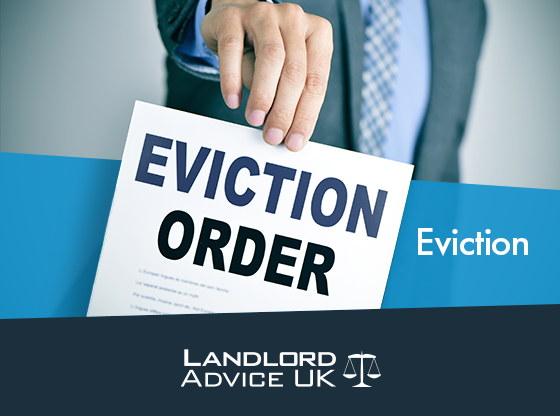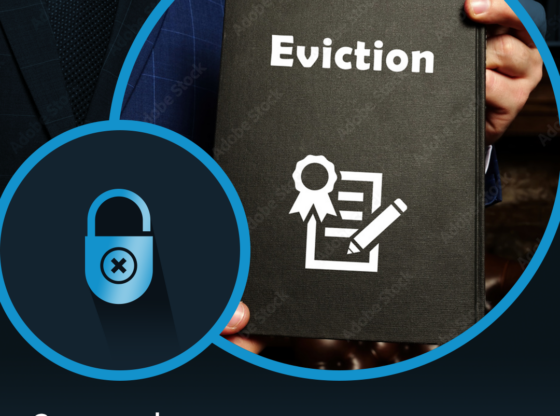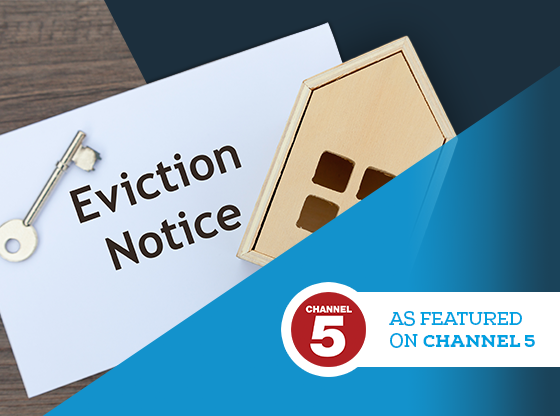County Court & High Court Enforcement, What’s the Difference? An enforcement officer (also known as a bailiff) is required when there is a possession order which has ordered the defendant(s) to give possession of a property and the deadline for doing so has passed. It is unlawful for any unauthorised person to enforce a possession order, it must be enforced by a certified enforcement agent acting under the warrant or writ of the Court.
If the Possession Order has been made against trespassers, then the permission to use a HCEO is an automatic right.
In executing the warrant or writ, the enforcement officers can evict anyone they find on the premises, including occupiers who were not a party to the original possession proceedings (see R v Wandsworth County Court ex parte Wandsworth LBC [1975] 3 All ER 390, 1 WLR 1314). This means that where there is one named tenant on the tenancy agreement, but the tenant occupies the let property with their family who are not a party to the tenancy agreement, the tenant and their family would be evicted by an enforcement officer, even though the Possession Order was only made against the tenant named on the tenancy agreement.










